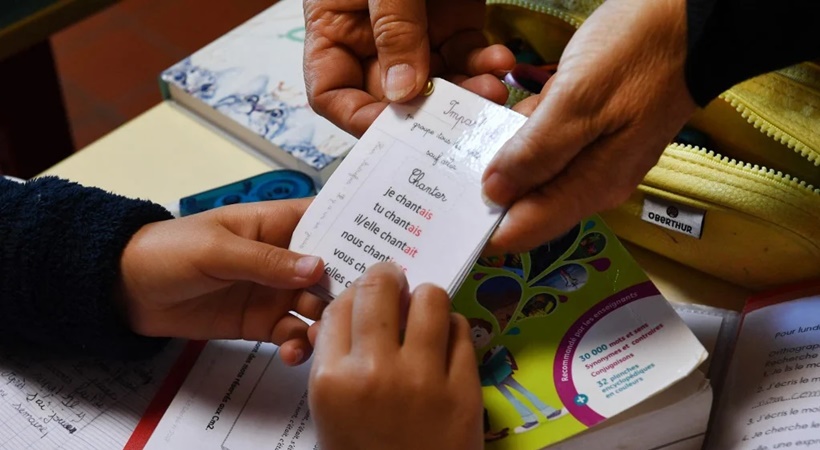The French government seeks a fresh residence visa for non-citizens to address the problem of skill shortages and to permit certain asylum seekers to be a part of the workforce swiftly under proposed tweaks to immigration regulations.
As per Le Figaro newspaper, Interior Minister Gerald Darmanin and Labour Minister Olivier Dussopt said that draft legislation to be despatched to Parliament in early 2023 intends to balance labour market requirements and voter worries regarding identity, integration and security. The minister also added that the bill is indicative of the French government’s awakening to new ground realities.
Interestingly enough, the French reform is about to happen at a time when even other European countries are easing immigration regulations to absorb labour market shocks. Till now the country has been very conservative in the matters of welcoming foreign workers though. So, it would be interesting to see how things shape up in the near future in the country.
German Chancellor Olaf Scholz had recently said that Europe’s biggest economy must draw in more foreign workers and facilitate women and older people to employ themselves to deal with the problem of labour shortages and a pension system crisis in the future.
Moreover, Spain recently revised its residency permit norms to ease curbs on the working of foreign students and permit temporary work visas for sectors in crisis. And, Egypt is also poised to take in seasonal workers to assist Greece’s agricultural sector under a pilot scheme.
As per the French plans, the new work permit for affected sectors of the economy would be allowed till the end of 2026 and they are aimed at ‘regularising’ a particular category of foreigners already employed in the country, instead of new arrivals.
According to a report given by the INSEE national statistics agency in November, builders, care assistants, butchers and plumbers happen to be the professions facing severe stress.
It is a well-known fact that the French people are not in favour of using foreign workers to address the problem of labour shortage. And President Emmanuel Macron’s government does not have a majority in the lower house of parliament. So, the incumbent government needs the backing of the conservative Les Republicains party to pass the legislation in the house.



















